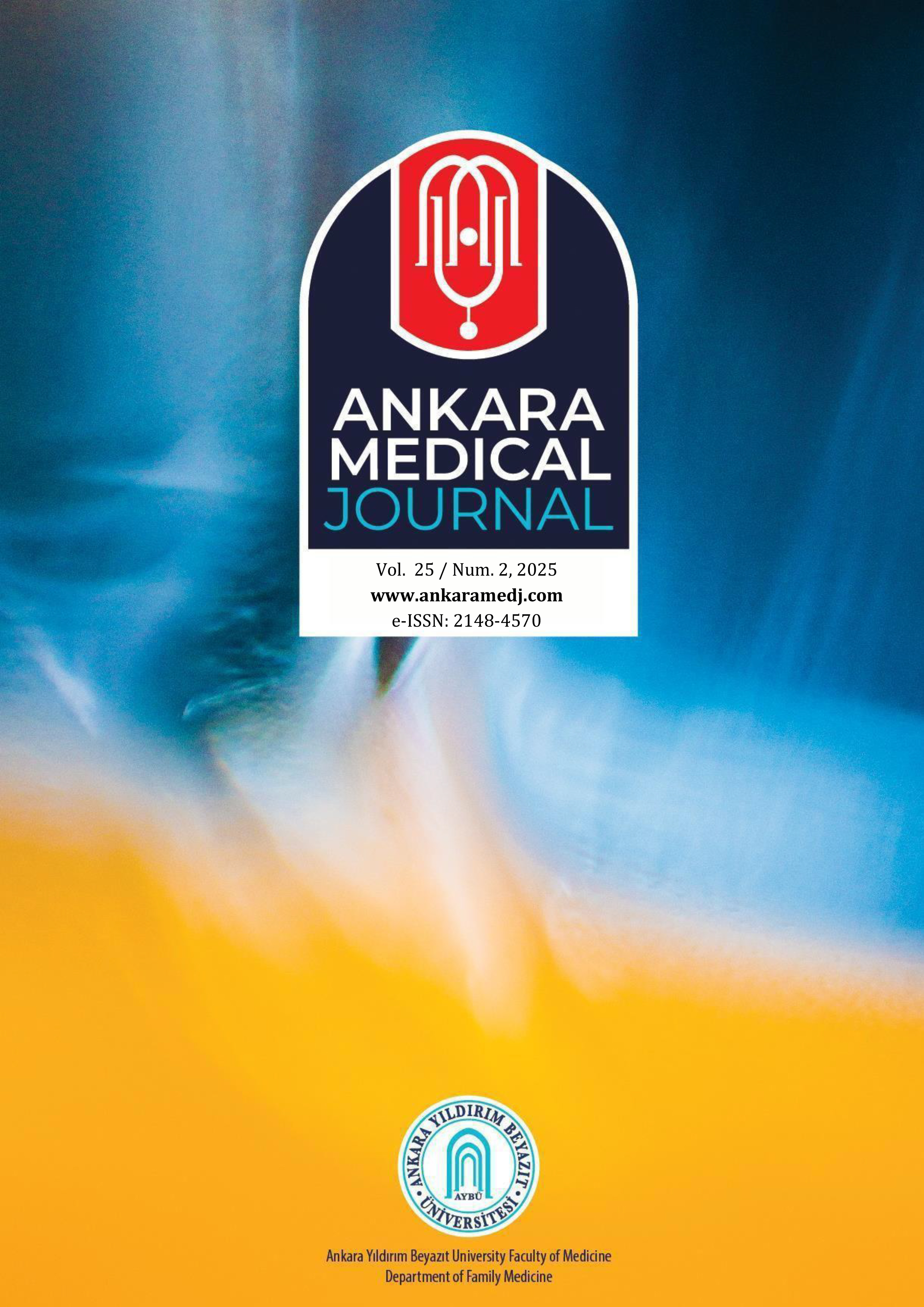Burnout in Nursing: A Cross-sectional Study in Indonesia and Taiwan
Maria Ulfa1, Sweetina Merkusi2, Nova Maryani3, An Yuliani41School of Medicine, Faculty of Medicine and Health Sciences, Universitas Muhammadiyah Yogyakarta2College of Public Health, Taipei Medical University
3Department of Anaesthesiology and Intensive Therapy, Faculty of Medicine and Health Science, Universitas Muhammadiyah Yogyakarta
4RSUD dr. Soedono Madiun
INTRODUCTION: Burnout among nursing professionals has garnered significant international attention in recent years, largely due to its profound implications for nurse well-being, patient satisfaction, and the overall effectiveness of healthcare systems. This phenomenon underscores the urgent necessity for implementing comprehensive strategies to mitigate burnout and promote the well-being of nursing staff. This study examines the prevalence of Burnout Syndrome among nurses in Indonesia and Taiwan using a cross-sectional study approach.
METHODS: The research employs a quantitative method, utilising a questionnaire to collect data and SEM-PLS software to conduct validity tests. The study encompasses 1.327 respondents from Indonesia and 312 respondents from Taiwan. The survey identifies three variables to measure burnout syndrome in nurses: depersonalisation, emotional exhaustion, and personal achievement.
RESULTS: The findings indicate that high levels of depersonalisation, significant emotional exhaustion, and relatively low personal achievement all contribute to the Burnout Syndrome experienced by nurses in both countries. The R-squared value for Indonesia is 36.8%, while Taiwan's is 46.1%. This suggests that the interpretation of the Burnout Syndrome can be categorised as moderate.
DISCUSSION AND CONCLUSION: The research indicates that the regression model, including independent variables such as depersonalisation, emotional exhaustion, and personal achievement, can explain most of the variations in Burnout Syndrome in nurses in both countries, although not optimally. The study concludes that the results related to Burnout Syndrome in nurses in Indonesia and Taiwan can impact the quality of patient services.
Makale Dili: İngilizce
(4 kere indirildi)





